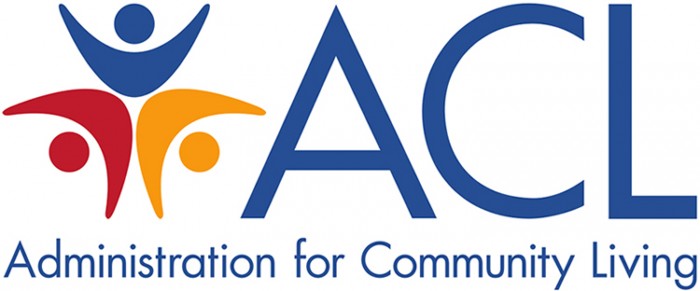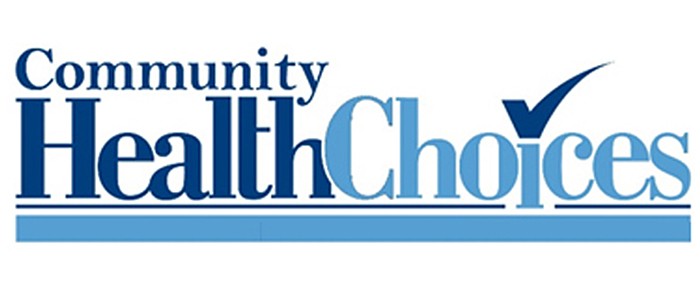The Administration for Community Living (ACL) recently posted a number of grant opportunities associated with traumatic brain injuries (TBI).
On February 7, 2018, College and Career Success for Students with Serious Mental Illness or Traumatic Brain Injury was posted. The purpose of this grant opportunity is to generate new knowledge about the effectiveness of interventions to improve college education and employment outcomes of people with serious mental illness or traumatic brain injury. The funding for this grant is $475,000 and the closing date for applications is April 9, 2018.
On February 14, 2018, two additional grant opportunities were posted:
Traumatic Brain Injury State Partnership Program Partner State Funding Opportunity, whose purpose is to create and strengthen a system of services and supports that maximizes the independence, well-being, and health of persons with TBI across the lifespan, their families, and their caregivers. Through the TBI State Partnership Program, the goal is two-fold:
- To allow states to strengthen and grow their capacity to support and maintain a system of services and supports that will help maximize the independence, well-being, and health of persons with TBI; and
- To learn from and call upon the expertise of states that have built and maintained a strong and sophisticated state TBI infrastructure. This grant opportunity has an award ceiling of $150,000.
The Traumatic Brain Injury State Partnership Program Mentor State Funding Opportunity has a purpose to create and strengthen a system of services and supports that maximizes the independence, well-being, and health of persons with TBI across the lifespan, their families, and their caregivers. Through the TBI State Partnership Program, the goal is two-fold:
- To help states strengthen and grow their capacity to support and maintain a system of services and supports that will help maximize the independence, well-being, and health of persons with TBI; and
- To learn from and call upon the expertise of states that have built and maintained a strong and sophisticated state TBI infrastructure. For the 2018 funding cycle, ACL is funding two tiers of grantees that will work together to maximize the program’s impact nationally.
Partner State Grants will provide funding to states for building and enhancing basic infrastructure, while Mentor State Grants will provide funding to more established states to maintain and expand their infrastructure and also to mentor Partner States and work together with other Mentor States and ACL to improve the national impact of the TBI program. Applicants must agree to provide the required 2:1 state match, support a state TBI advisory board, provide at least one full-time dedicated staff person, create an annual TBI state plan, create and/or expand their state TBI registry, work with one or more Partner States to increase their capacity to provide access to comprehensive and coordinated services for individuals with TBI and their families, and work with other Mentor States and ACL to improve national coordination and collaboration around TBI services and supports.
ACL encourages organizations that are interested and qualify to apply for both funding opportunity announcements; however, ACL will not make more than one award to a single applicant. Applicants that score in the fundable range on both reviews may choose which award they wish to receive. Applicants that are only interested in receiving a Partner State Grant do not need to apply for this opportunity. This grant opportunity has an estimated award ceiling of $300,000. The closing date for both of these grant opportunities is April 16, 2018.
RCPA will be working with the Pennsylvania Department of Health (DOH) to review the grant applications and discuss next steps surrounding these opportunities.
















